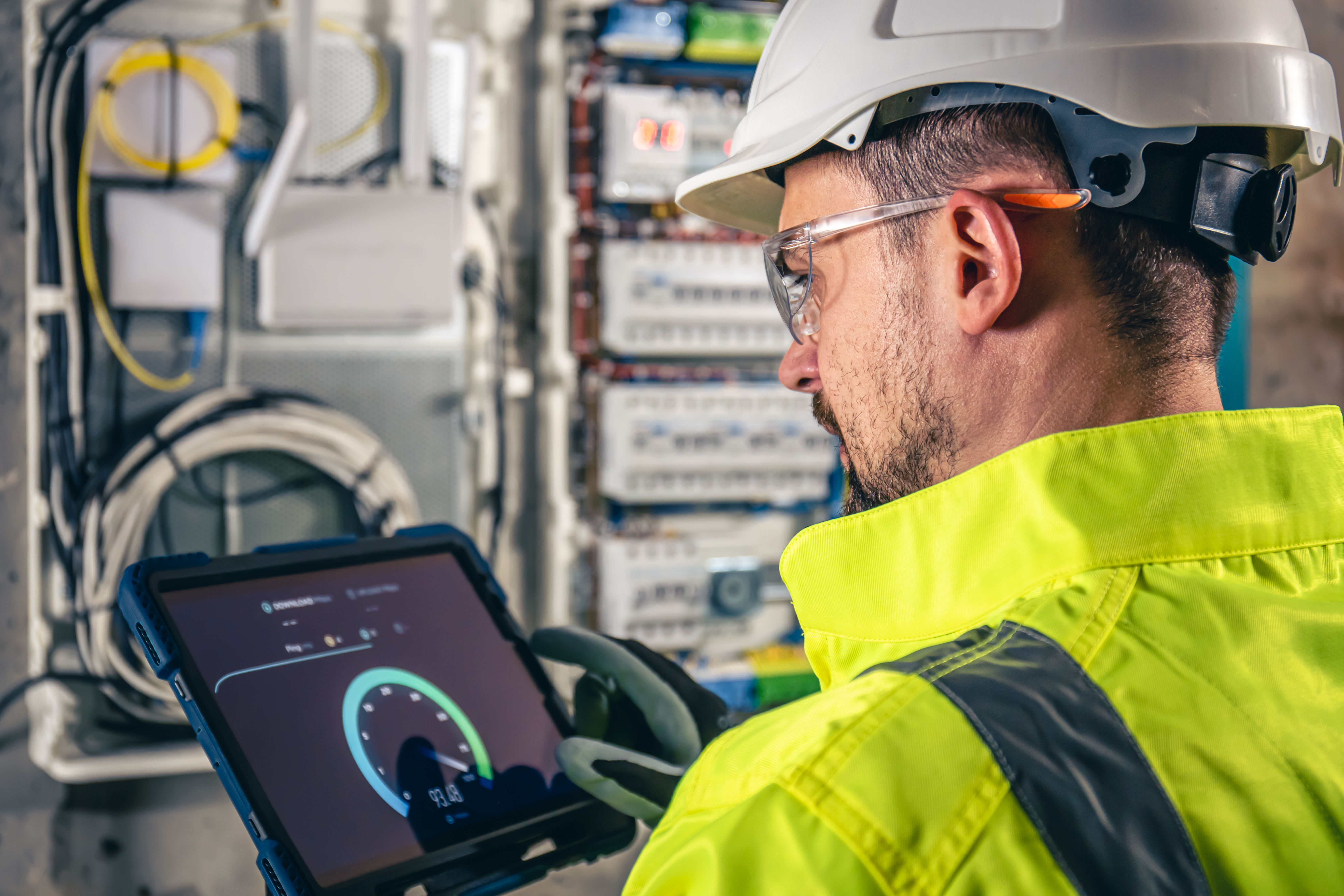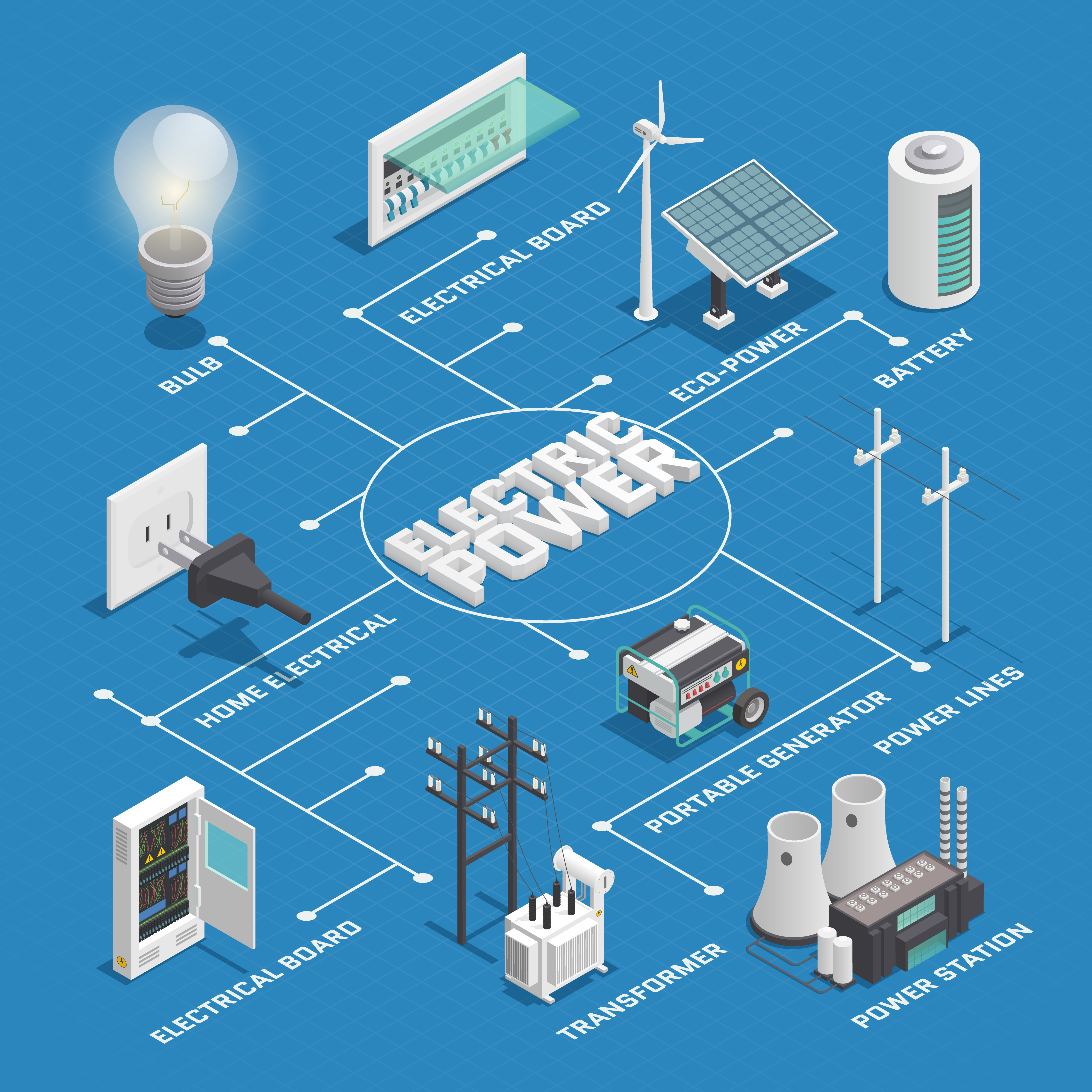In the rapidly evolving landscape of energy consumption, smart meter data management stands as a key player in revolutionizing the way we monitor, analyze, and optimize our use of electricity. As technology continues to advance, the traditional utility model is undergoing a transformation, with smart meters at the forefront of this change. In this article, we delve into the intricacies of smart meter data management, exploring its significance, functionalities, and the profound impact it has on energy efficiency, sustainability, and the future of utilities.

Understanding Smart Meters: The Backbone of Data Management
Smart meters are advanced devices that measure and record the consumption of electricity in real-time. Unlike traditional meters that require manual readings, smart meters automatically collect and transmit data at regular intervals. This continuous flow of information provides a wealth of insights into how electricity is utilized, offering a detailed breakdown of consumption patterns and trends.
The Significance of Smart Meter Data Management
1.Real-Time Monitoring and Analysis: Smart meter data management goes beyond the simple act of recording electricity usage. It enables real-time monitoring and analysis of energy consumption, allowing both consumers and utility providers to access up-to-the-minute data. This instantaneous feedback empowers users to make informed decisions about their energy usage, promoting efficiency and cost savings.
2.Precision in Billing: With traditional meters, billing was often a manual and time-consuming process. Smart meter data management automates billing procedures by accurately capturing consumption data. This not only streamlines the billing process but also reduces the margin of error, ensuring that consumers are billed based on their actual usage.
3. Demand Response: One of the most significant advantages of smart meter data management is its role in demand response programs. Utilities can analyze data to identify peak usage periods and encourage consumers to shift their energy-intensive activities to off-peak times. This not only helps in balancing the load on the grid but also contributes to overall energy efficiency.
Key Functionalities of Smart Meter Data Management
1.Data Collection and Aggregation: Smart meters continuously collect data on electricity usage, generating a vast amount of information. Smart meter data management systems are designed to efficiently aggregate, store, and organize this data, providing a comprehensive overview of energy consumption patterns.
2.Analytics and Insights: Advanced analytics are applied to the collected data to extract meaningful insights. These insights can include peak usage times, seasonal variations, and specific trends in consumption. Such analytics empower both consumers and utilities to make data-driven decisions to enhance efficiency.
3.Billing and Invoicing: Smart meter data management automates the billing process, ensuring accurate and timely invoicing based on actual consumption. This eliminates the need for estimated bills, reducing discrepancies and enhancing customer satisfaction.
4.Remote Monitoring and Control: Smart meter data management allows for remote monitoring and control of energy usage. Consumers can access real-time data through web portals or mobile apps, enabling them to monitor and adjust their energy consumption from anywhere.
5.Integration with IoT and Smart Grids: The integration of smart meter data management with the Internet of Things (IoT) and smart grids enhances its capabilities. This interconnected system enables seamless communication between devices, allowing for more efficient energy distribution and management.
The Impact on Energy Efficiency and Sustainability
1.Empowering Consumers: Smart meter data management puts the power of information in the hands of consumers. By understanding their energy consumption patterns, individuals can identify areas for improvement and adopt more sustainable practices. This empowerment is a crucial step toward creating a more energy-conscious society.
2.Reduced Carbon Footprint: The insights gained from smart meter data enable utilities to implement demand response strategies, promoting load balancing and reducing the need for additional energy generation during peak times. This contributes to a significant reduction in carbon emissions and helps combat climate change.
3.Optimization of Grid Operations: Utilities benefit from smart meter data management by optimizing grid operations. The ability to analyze data in real-time allows for better grid planning, reduced transmission losses, and improved overall efficiency in electricity distribution.
4.Integration of Renewable Energy: As the world moves toward a more sustainable energy future, the integration of renewable sources becomes crucial. Smart meter data management facilitates the seamless integration of solar, wind, and other renewable energy sources into the existing grid, ensuring a smooth transition to cleaner energy.
Challenges and Considerations
While smart meter data management offers a multitude of benefits, it is essential to address challenges and considerations associated with its implementation:
- Privacy and Security Concerns: The continuous collection of detailed energy consumption data raises privacy concerns. Robust security measures must be in place to protect this sensitive information from unauthorized access and potential misuse.
- Infrastructure Investments: Implementing smart meter data management requires substantial investments in infrastructure. Upgrading existing systems and deploying smart meters across a wide geographic area can be a significant undertaking for utility providers.
- Data Accuracy and Quality: The accuracy and quality of data are paramount for the success of smart meter data management. Calibration issues or technical glitches can lead to inaccurate readings, impacting billing accuracy and the effectiveness of energy efficiency programs.
- Consumer Education: To fully realize the benefits of smart meter data management, consumer education is crucial. Many users may be unfamiliar with the capabilities of smart meters and the associated data management systems. Clear communication and educational initiatives are necessary to ensure widespread understanding and acceptance.
The Future of Smart Meter Data Management
The journey of smart meter data management is an ongoing evolution. As technology continues to advance, we can expect further enhancements and innovations in this field. The integration of artificial intelligence, machine learning, and blockchain technologies holds the potential to take smart meter data management to new heights, providing even more sophisticated insights and capabilities.
The future also involves increased collaboration between utilities, technology providers, and regulatory bodies to establish common standards and ensure interoperability. This collaboration will be essential for creating a seamless and interconnected energy ecosystem that maximizes efficiency and sustainability.
Conclusion
Smart meter data management is not merely a technological advancement; it represents a paradigm shift in how we approach and manage energy. By harnessing the power of real-time data, we can optimize energy consumption, reduce environmental impact, and pave the way for a more sustainable future. As we navigate the complexities of this evolving landscape, the role of smart meter data management will continue to grow, shaping the way we understand, consume, and conserve energy resources.





